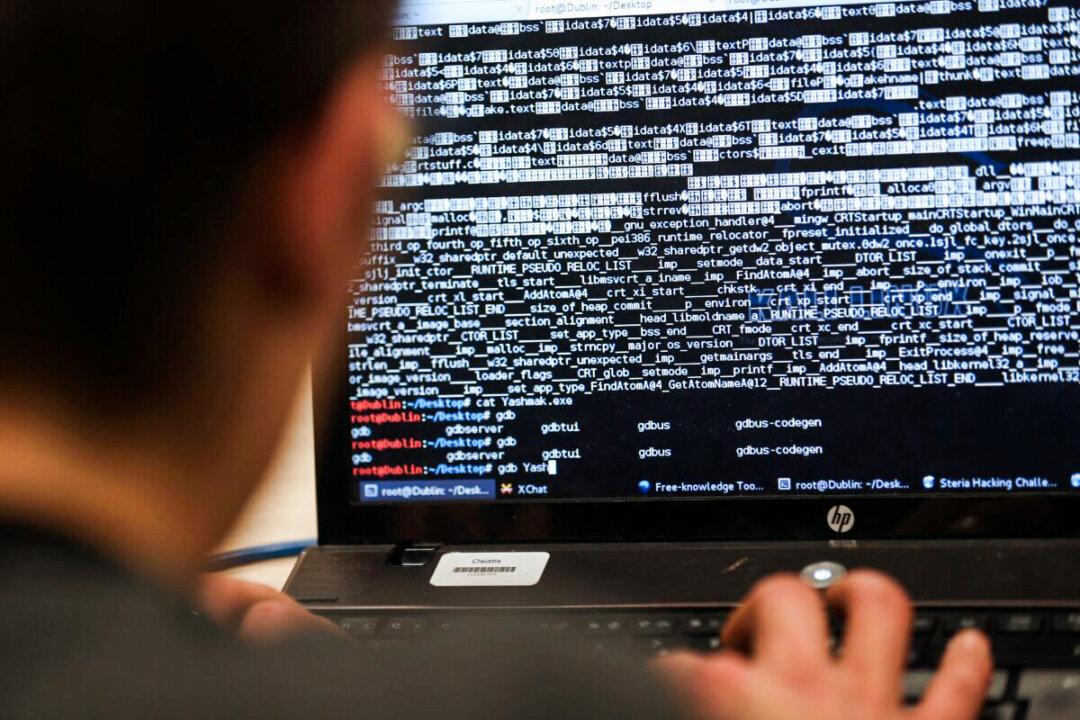Australians are on high alert after a hacking syndicate threatened to release the personal details of nearly 10 million individuals following a major data breach of the country’s largest private health insurer Medibank.
The threat, which cyber security specialist groups Malware Hunter Team, CyberThint, and CyberKnow reposted on Twitter, was alleged to have been posted on the REvil ransomware’s dark web site—the group is also known as Ransomware Evil or BlogXX.




